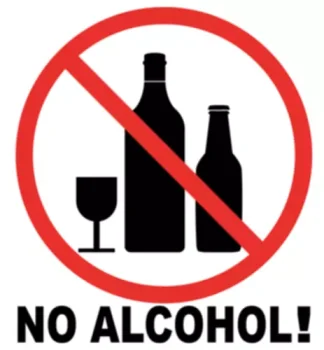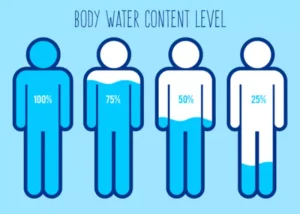8 tips for talking and listening to your teens about drugs and alcohol

Although binge drinking can have negative health consequences, not all people who binge drink are necessarily addicted to alcohol. At The Recovery Village, we are available to confidentially discuss your family’s situation with you, free of charge and with no obligation. We can help you determine the next steps and if a teen alcohol rehab is the right solution for you. Don’t turn a blind eye to your teen’s alcohol abuse — get them the help they need. You can start by reaching out to us and we’ll help you take it from there. Further, the risk of developing a problem with alcohol use later in life is increased as well.
Choosing an Alcohol Rehab Treatment Program
While many teens will try alcohol at some point out of curiosity or as an act of rebellion or defiance, there is rarely just a single reason why some decide to drink. The more you understand about potential reasons for underage alcohol use, the easier it can be to talk to your child about the dangers and identify any red flags in their behavior. The physical and hormonal changes can create emotional ups and downs as kids struggle to assert their independence and establish their own identities. According to United States government statistics, by age 15, nearly 30% of kids have had at least one drink, and by age 18, that figure leaps to almost 60%.
Are You Feeling Suicidal?
While you can expect a teen to test any boundaries, be clear on what is and isn’t acceptable behavior and what the consequences are for breaking your rules. Blood alcohol concentration can continue to rise even when you stop drinking or are unconscious. Alcohol in teenage alcoholism the stomach and intestine continues to enter the bloodstream and to circulate throughout your body. If you do have any of these symptoms, then alcohol may already be a cause for concern, and a conversation about alcohol use with a professional is recommended.

External Risk Factors for Teen Alcohol Abuse

For kids and teens, that usually means having three or more drinks at one sitting. Young people who binge drink are more likely to miss classes at school, fall behind with their schoolwork, damage property, sustain an injury, or become victims of assault. As a teenager, your child is likely to be in social situations where they’re offered alcohol—at parties or in the homes of friends, for example.

Juvenile Alcohol Abuse Causes Severe Problems

Internal risk factors tend to be more difficult to control; however, recognizing internal risk factors for teen alcohol abuse can be the most important step of effective prevention. According to the Centers for Disease Control and Prevention (CDC), alcohol is the most commonly used substance among young people in the US. The 2019 Youth Risk Behavioral Survey found that more than a quarter of high school students drank alcohol in the 30 days before they took the survey, and one in seven reported binge drinking in that same time period.
- According to the Center on Alcohol Marketing and Youth, 5,000 people 21 and under die from alcohol-related injuries, including homicide and suicide, every year, and an additional 600,000 students were injured due to alcohol abuse.
- But whatever difficulties you’re facing at the moment, there is help available and there are healthier, more effective ways of resolving them.
- The flexibility of these behavioral programs means the teen can remain in school while also getting help for their substance abuse.
- Therefore, healthcare professionals recommend limiting access to alcohol or other drugs, addressing any risk factors of the youth or family, as well as optimal parental supervision and expression regarding expectations.
- Ondansetron (Zofran) may reduce alcohol cravings in people whose problem drinking began before they were 25 years old.
Public Health
- Teenage alcoholism is a tragically common problem that results in thousands of deaths every year.
- Even if they remain in school, teen alcohol use can create social problems such as losing friends as well as other issues in their relationships.
- Damaging this system means that a person can cause harm to their reproductive system, physical growth, and emotional wellbeing.
- For adolescents, drinking alcohol can make it even more difficult to control impulses and make healthy choices.
- If you’re concerned your teenager is struggling to cope with the pressures or worries of growing up in Britain today, it’s possible they may wrongly think drinking is a way to cope.
However, if you feel that your child will be exposed to underage drinking, finding a way to talk to them about alcohol can be crucial in either preventing them from starting or curbing any existing alcohol use. Since alcohol is a depressant, using it to self-medicate can make problems even worse. If your child is regularly drinking on their own or drinking during the day it could be they’re struggling to cope with a serious underlying issue. You can help by fostering a relationship with your child where they feel that they can be open and honest with you, rather than being immediately disciplined.
The types of confrontational interventions you see on TV can lead to shame and a refusal to get treatment. Millions of readers rely on HelpGuide.org for free, evidence-based resources to understand and navigate mental health challenges. Alcohol overdose occurs when there is so much alcohol in the bloodstream that the areas of the brain controlling basic life-support systems—such as breathing, heart rate, and temperature control—begin to shut down.



Leave a Reply